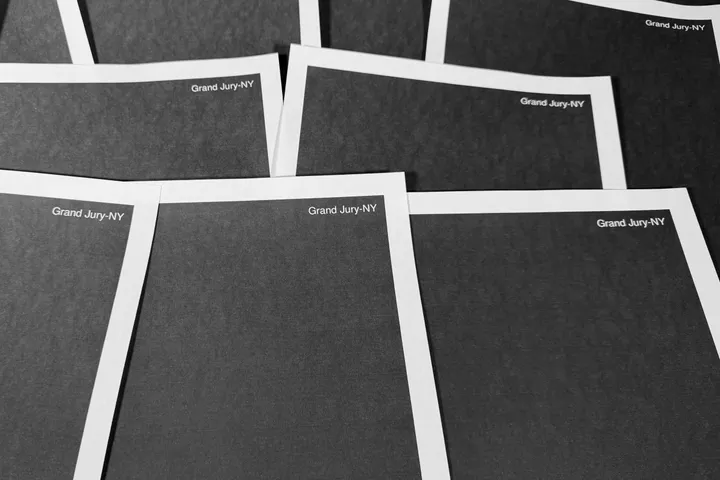Israelis have been keeping up weekly protests against Prime Minister Benjamin Netanyahu, defying lockdown restrictions imposed by authorities aimed at stemming a surge in Covid-19 cases.
The parliament in Israel, which currently has one of the world's highest Covid-19 infection rates per capita, last week approved a law restricting demonstrations during an emergency lockdown.
Part of draconian measures, it restricts people from moving more than one kilometre (less than a mile) from their homes.
Anti-Netanyahu protests have been staged each Saturday since July to denounce the prime minister's handling of the virus pandemic and the economy.
“Go!”
The demonstrators largely respected social distancing measures unlike in Tel Aviv where thousands took to the streets and clashed with police.
The largest gathering at Habima Square in central Tel Aviv drew thousands of protesters, who blew horns and pounded on drums and tambourines. The protesters waved pink and black flags symbolising various grassroots protest movements. Some of the banners, using Netanyahu’s nickname, said: “Bibi, you are destroying my future.” Others read “Go!”
READ MORE:Israelis persist in rallies against Netanyahu despite lockdown
Clashes in Tel Aviv and Jerusalem
Police reported clashes with the protesters in Tel Aviv and Jerusalem.
Netanyahu is on trial for fraud, breach of trust and accepting bribes for his role in a series of scandals, and the demonstrators have staged weekly gatherings for the past four months demanding that he step down.
Netanyahu denies the charges and accuses the protesters of being “leftists” and “anarchists.”
The marches have also been fueled by the government’s response to the pandemic. After appearing to contain the outbreak last spring through a tight lockdown, it reopened the economy quickly and the infection rate soared. The country of 9 million people has one of the highest infection rates in the developed world and the death toll is approaching 2,000.
With infections at record levels, Israel imposed another lockdown last month, further hurting business owners and entrepreneurs who have been a key component of the protests.
READ MORE: Israelis keep up protests against Netanyahu
Economy takes a pummeling
The economy has been devastated by the closures, and many of the protesters are young Israelis who have lost their jobs.
Netanyahu’s trial, the pandemic and the plummeting economy are adding further pressure on his emergency government, which was formed in May in partnership with his rival Benny Gantz.
The government was meant to address the coronavirus crisis and the parties formed it after three inconclusive elections in under a year. Instead, it has been hobbled by nonstop infighting.
Last week, the government’s tourism minister of Gantz’s Blue and White party resigned over the failure to contain the outbreak. Violations of the lockdown by top government officials, including a Cabinet minister from Netanyahu’s Likud and Netanyahu’s wife Sara last week, have further hurt public trust in the country’s decision-makers.
READ MORE:Israeli minister quits in protest against Netanyahu
























